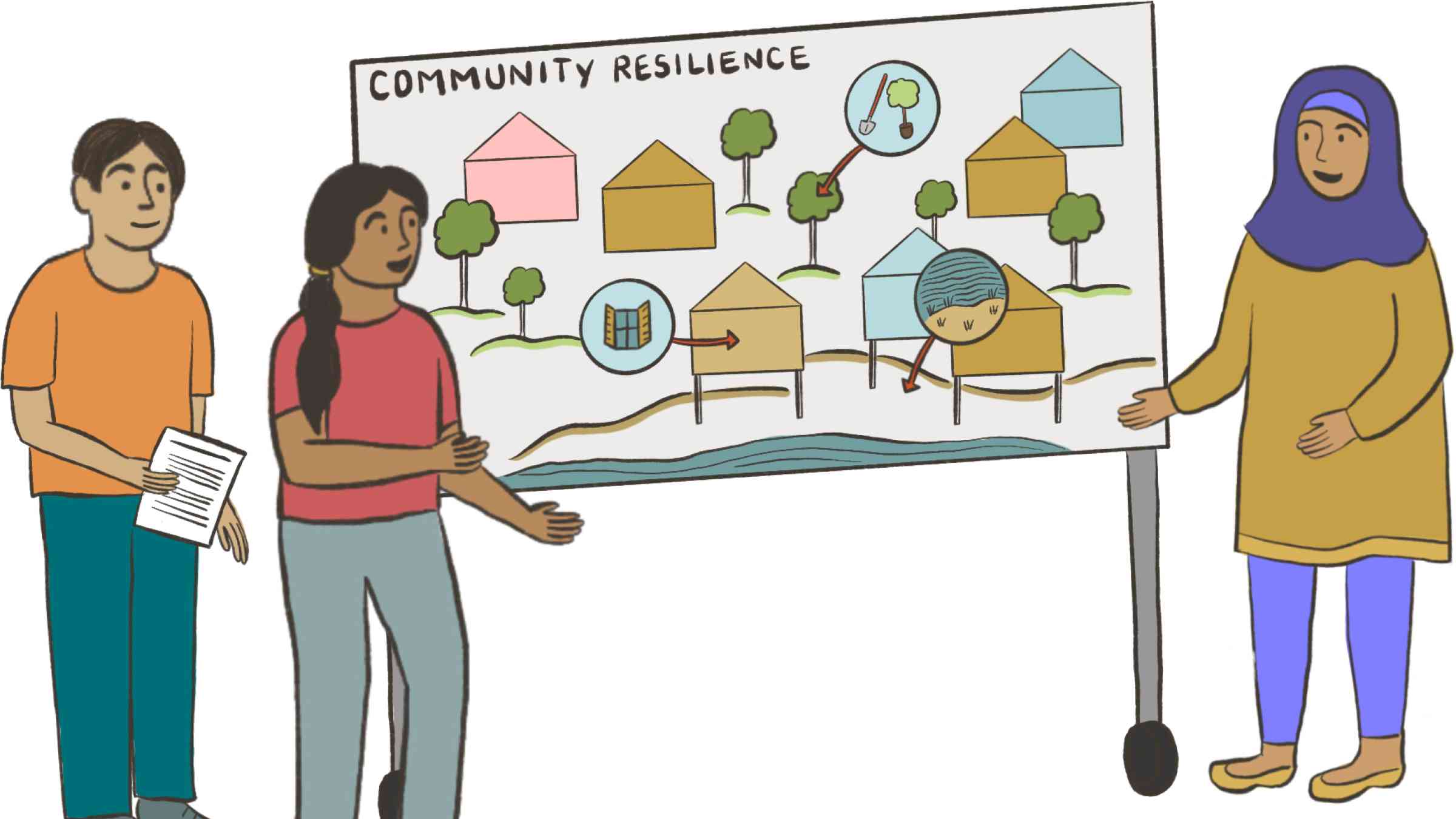NOAA awards $900,000 to advance community resilience through education

NOAA’s Environmental Literacy Program awarded approximately $900,000 to two projects that will use education to build the foundation for resilience to weather and climate hazards.
The new projects will build the foundation for resilient communities through education in rural Montana and southcentral Alaska. Grants to support these projects were made to:
- The University of Montana, Missoula, Montana
- Center for Alaskan Coastal Studies, Homer, Alaska
These projects will partner with rural and tribal communities in their respective states to increase environmental literacy and climate resilience in vulnerable communities. They will build partnerships with educators, local resilience planners, and community-based organizations to develop a wide variety of activities. These include environmental monitoring programs and an interactive and data-based exhibit. Both projects use NOAA assets, focus on locally relevant environmental hazards, and integrate Traditional Ecological Knowledge in all of their activities.
These two projects were selected for funding following a highly competitive request for applications in which communities highlighted their need for education projects that build resilience. For the 2020-2021 competition, NOAA’s Environmental Literacy Program received 189 pre-applications from 21 states and three U.S. territories, with a total request of more than $77 million. NOAA previously funded eight projects from this competition in 2020. Grantees were selected through rigorous peer review by a group of experts representing the fields of science education, resilience planning, and environmental justice.
The two funded projects use a variety of educational approaches that serve different rural and tribal audiences
- Middle and high school students learning about and facilitating climate resilience lessons
- Teachers designing and implementing a mobile climate resilience exhibit that will travel to area schools
- Students and family members exploring an interactive exhibit on the issues of wildfire, drought, and flooding
- Community members convening at workshops that will build their rural communities’ resilience to local hazards
- Informal and formal educators building culturally responsive resilience curricula
- K-12 students engaging in stewardship action projects to bolster their communities’ water or food security
- High school students and graduates participating in internships to support community-based environmental monitoring and lead educational activities for younger youth
- Tribal environmental coordinators gaining experience in effective educational strategies to build community resilience
| Recipient | Project | Primary Project Location | Amount |
| University of Montana | ResilienceMT: Montana Rural and Tribal Community Resilience Exhibit and Forums | Missoula, MT | $449,495 |
| Center for Alaskan Coastal Studies | Southcentral Alaska Collaborative for Resilience through Education and Decision-making (SACRED) | Homer, AK | $449,491 |
Funding amounts listed above are full federal award amounts for all years of the award. These two new projects are part of a growing community of practice of NOAA-funded community resilience education projects funded since 2015. For more details about the projects funded in 2021, please visit the awards page.